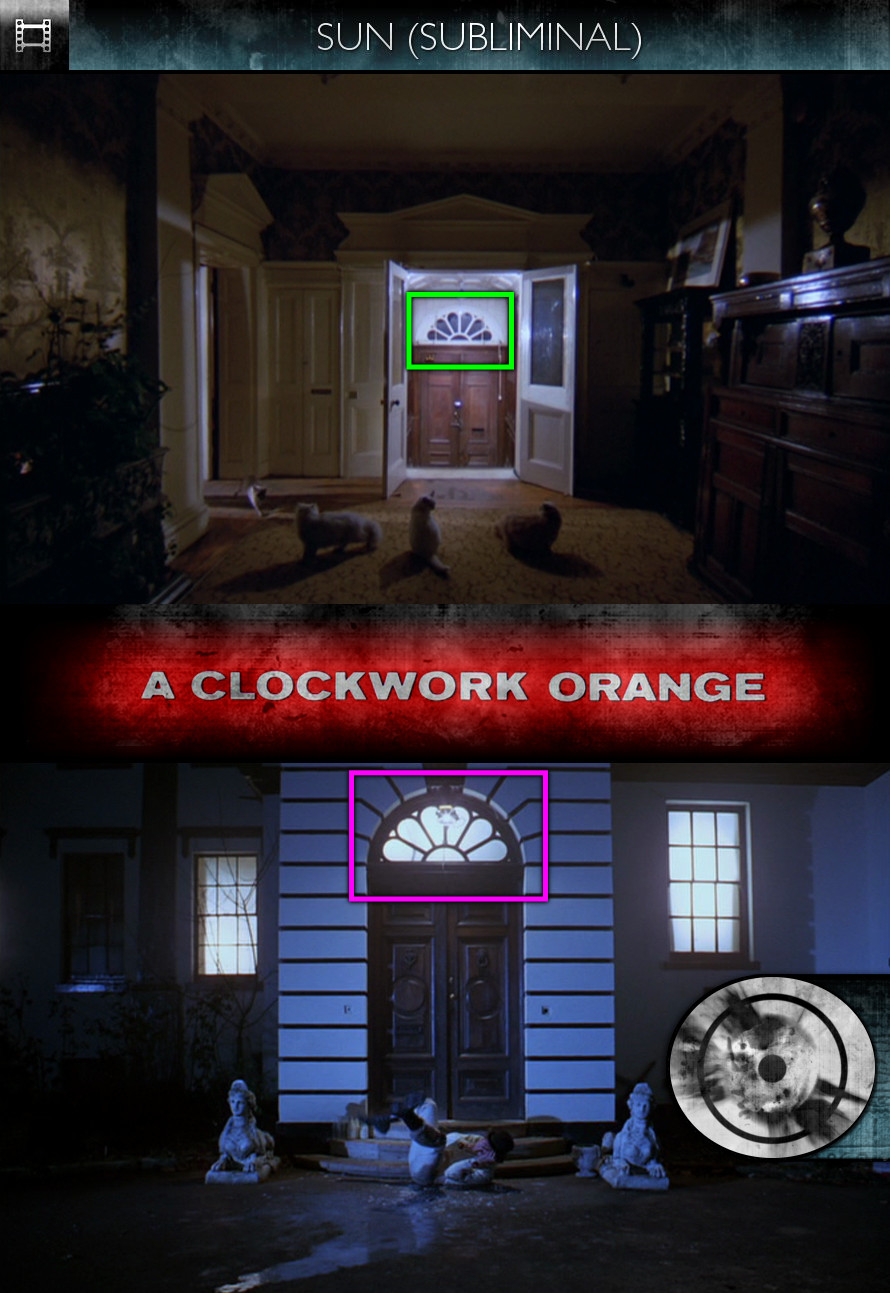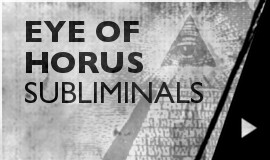
A Clockwork Orange is a 1971 science fiction film adaptation of Anthony Burgess’s 1962 novel of the same name. It was written, directed and produced by Stanley Kubrick. It features disturbing, violent images, facilitating its social commentary on psychiatry, youth gangs, and other social, political, and economic subjects in a dystopian, future Britain.
Alex (Malcolm McDowell), the main character, is a charismatic, psychopathic delinquent whose interests include classical music (especially Beethoven), rape, and what is termed ‘ultra-violence’. He leads a small gang of thugs (Pete, Georgie, and Dim), whom he calls his droogs (from the Russian друг, “friend”, “buddy”). The film chronicles the horrific crime spree of his gang, his capture, and attempted rehabilitation via controversial psychological conditioning. Alex narrates most of the film in Nadsat, a fractured adolescent slang comprising Slavic (especially Russian), English, and Cockney rhyming slang.
PLOT SUMMARY
In London, Alex (Malcolm McDowell) is the leader of his “droogs”, Pete (Michael Tarn), Georgie (James Marcus), and Dim (Warren Clarke), one of many youth gangs in the decaying metropolis. One night, after intoxicating themselves on “milk plus”, they engage in an evening of “ultra-violence”, including beating an elderly vagrant (Paul Farrell) and fighting a rival gang led by Billyboy (Richard Connaught). Stealing a car, they drive to the country home of writer F. Alexander (Patrick Magee), where they beat Mr. Alexander to the point of crippling him for life. Alex then rapes his wife (Adrienne Corri) while singing “Singin’ in the Rain”.
The next day, while truant from school, Alex is approached by probation officer Mr. P. R. Deltoid (Aubrey Morris), who is aware of Alex’s violence and cautions him. After the events of the night before, his droogs express discontent with Alex’s petty crimes, demanding more equality and more high-yield thefts. Alex reasserts his leadership by attacking them and throwing them into a canal. That night, Alex invades the mansion of a wealthy woman (Miriam Karlin). While his droogs remain at the front door, Alex bludgeons the woman with a phallic statue. Hearing police sirens, Alex tries to run away, but is betrayed by his droogs. Dim smashes a pint bottle of milk across his face, leaving him stunned and bleeding. Alex is captured and brutally beaten by the police. A gloating Deltoid spits in his face and informs him that the woman subsequently died in the hospital, making him a murderer. Alex is sentenced to 14 years incarceration.
Two years into the sentence, the Minister of the Interior (Anthony Sharp) arrives at the prison looking for volunteers for the Ludovico technique, an experimental aversion therapy for rehabilitating criminals within two weeks; Alex readily volunteers. The process involves drugging the subject, strapping him to a chair, propping his eyelids open, and forcing him to watch violent movies. Alex, initially pleased by the violent images he sees, starts to become nauseated due to the drugs; as he realises that the films’ soundtracks are by his favourite composer Ludwig van Beethoven and that the Ludovico technique will make him sick when he hears the music he loves, he tries, unsuccessfully, to end the treatment.
After two weeks of the Ludovico technique, the Minister of the Interior puts on a demonstration to prove that Alex is “cured”. He is shown to be incapable of fighting back against a man (John Clive) that insults and attacks him, and becomes violently ill at the sight of a topless woman (Virginia Wetherell). Though the prison chaplain (Godfrey Quigley) protests the results saying that “there’s no morality without choice”, the prison governor (Michael Gover) asserts they are not interested in the moral questions, but only “the means to prevent violence”.
Alex is released and finds that his possessions have been confiscated by the police to help make restitution to his victims, and his parents have rented out his room. Homeless, Alex encounters the same elderly vagrant from before, who attacks him with several other friends. Alex is saved by two policemen but is shocked to discover they are two of his former droogs, Dim and Georgie. They drag Alex to the countryside, where they beat him and attempt to drown him. The dazed Alex wanders the countryside before coming to the home of Mr. Alexander, and collapses. Alex wakes up to find himself being treated by Mr. Alexander and his manservant, Julian (David Prowse). Mr. Alexander does not remember Alex from the earlier attack but has read about his treatment in the newspapers, and sees Alex as a political weapon to usurp the government, exposing the Ludovico technique as a step toward totalitarianism by way of mind control. As Mr. Alexander prepares to introduce Alex to fellow colleagues (John Savident and Margaret Tyzack), he hears Alex singing “Singin’ in the Rain” in the bath, and the memories of the earlier assault return. With his colleagues’ help, Mr. Alexander drugs Alex and places him in a locked upstairs bedroom, playing Beethoven’s Ninth Symphony through the floor below. Alex, in excruciating pain, throws himself from the window and is knocked unconscious by the fall.
Alex wakes up in a hospital, having dreamt about doctors messing around inside his head. While being given a series of psychological tests, Alex finds that he no longer has an aversion to violence. The Minister of the Interior arrives and apologizes to Alex, letting him know that Mr. Alexander has been “put away”, and offers Alex an important government job. As a sign of goodwill, the Minister brings in a stereo system playing Beethoven’s Ninth Symphony. Alex then realizes that instead of an adverse reaction to the music, he sees an image of himself having sex with a woman in front of an approving crowd. He then states, in a sarcastic and menacing voice-over, “I was cured, all right!”
FILM SUBLIMINALS
Learn more about the concepts, principles and symbolism behind the subliminals found in this film:







CONTINUE READING
RELATED FILMS
First Published: Dec 23, 2011 – Last Updated: Jul 5, 2013











You must be logged in to post a comment.